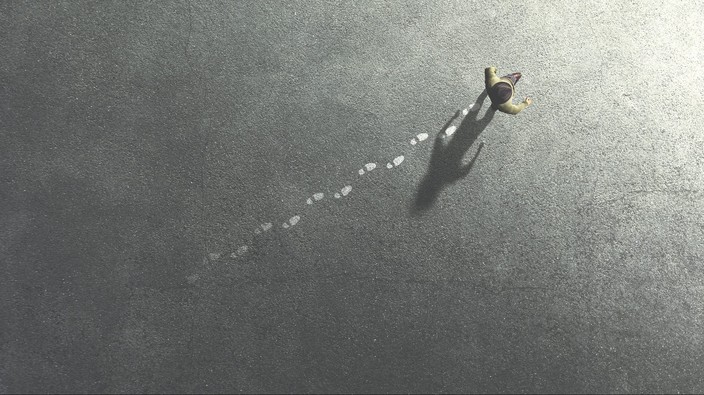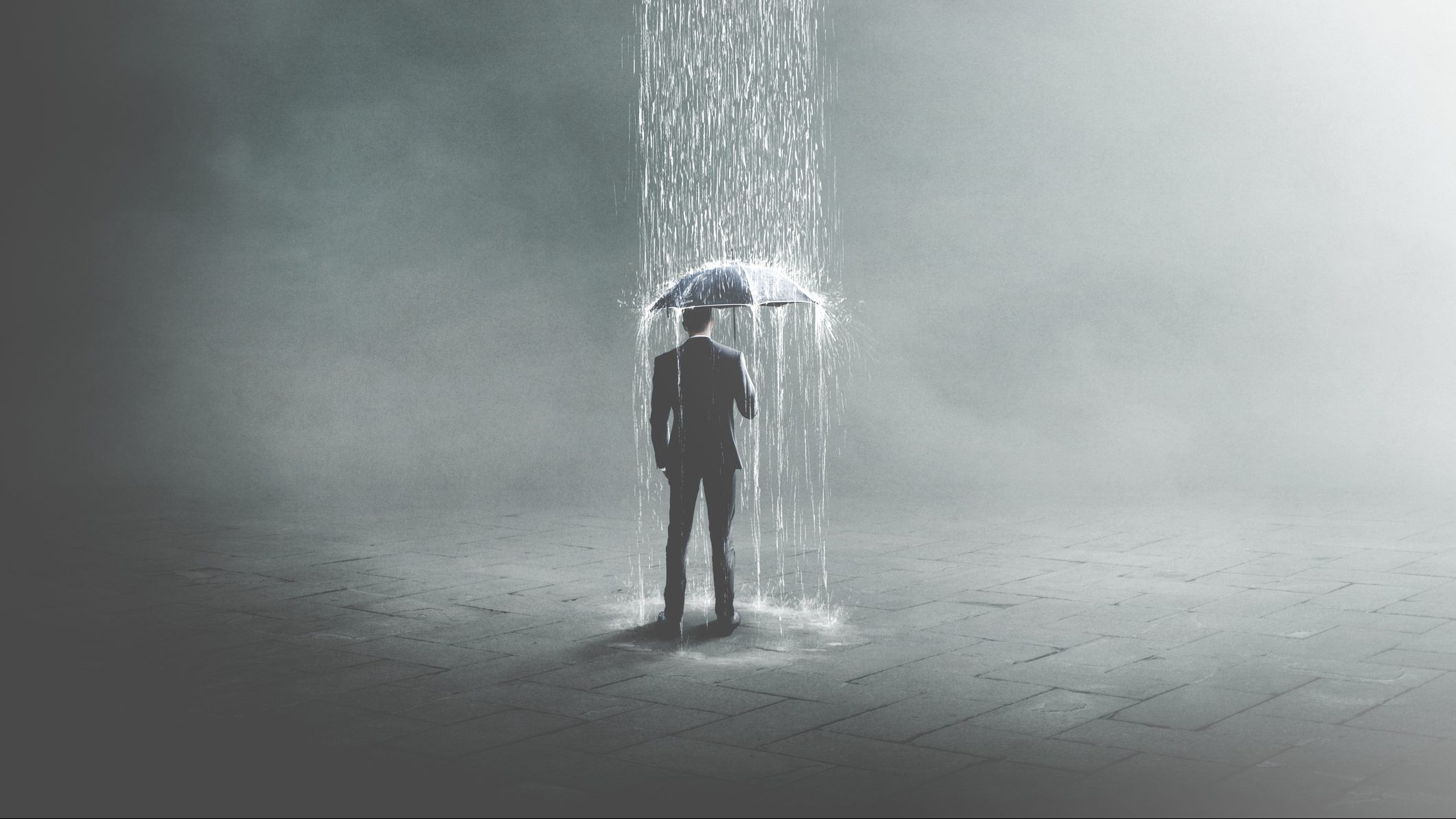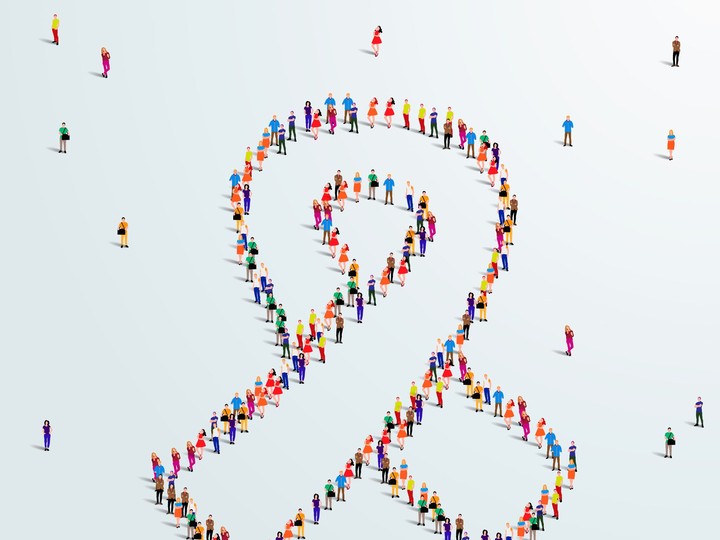the following year, feb. 4 — world cancer day — held a different significance for me than it ever had before. it was a celebration of life and luck, for sure, but also a call to action to raise awareness of things like the need for better screening guidelines, earlier diagnoses, education so that people knew what signs to look for, more funding to support treatment research, access to clinical trials and affordable medication. i had seen all the shortcomings firsthand, but also reaped the benefits. my story was the perfect example of how funding innovative therapies makes a difference.
as the years passed, normalcy and health crowded the bottle out of mealtime. with the habit firmly formed, i tucked it away in the cupboard. still, as the kids brought their dinner dishes into the kitchen, they’d barely bat an eye as i noisily pushed a large orange tablet out of its foil blister pack, filled a glass with water and gulped fast so it didn’t get stuck in my throat.
then, like now, we would talk openly about cancer. when they asked about the bandage on my lower back, we’d talk about bone marrow biopsies. they came to my appointments and told riddles to my oncologist (“what did the doctor say to the banana? … how are you peeling?”). and when someone we knew died of cancer, we’d go over why it would hopefully be different for me and how maybe when they grew up, everyone’s cancer would be like a simple infection — treatable with medicine. we sometimes even dared to hope that one day, there would be no such thing as cancer.
it’s 2023, and cancer care is once again failing the wellness check. getty
 6 minute read
6 minute read








